Former presidents Barack Obama, George W. Bush and Bill Clinton have said they will take coronavirus vaccinations, one available in the United States, in front of the camera to promote drug safety and encourage fellow Americans to do so as well.
During an interview on SiriusXM's The Joe Madison Show, Obama said he wants people to know that he trusts the science behind the vaccine.
"I will be taking it and I may take it on TV or have it filmed so people know that I trust this science," Obama said. In the interview, which is scheduled to air in full on Thursday, Obama added, "What I don't trust is getting Covid."
All three former presidents are in the view that the awareness campaign will promote public trust in the vaccine. Trump, on the other hand, has remained mum on the topic.

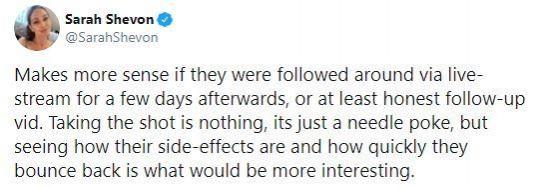

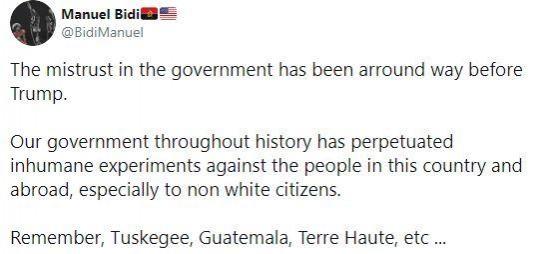
Bush's chief of staff, Freddy Ford, told CNN that the former president spoke to Anthony Fauci, the director of the National Institute of Allergy and Infectious Diseases, and Deborah Birx, to see what he could do to help promote the vaccine. "First, the vaccines need to be deemed safe and administered to the priority populations. Then, President Bush will get in line for his, and will gladly do so on camera," Ford said.
Public resistance to vaccination
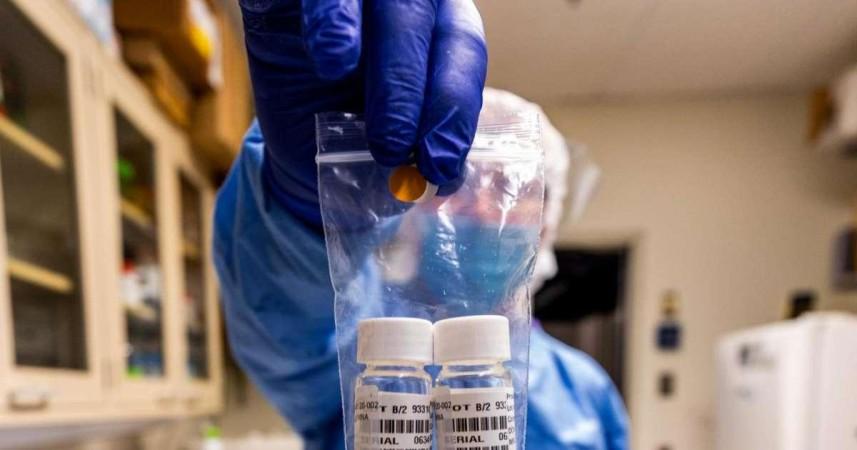
Through surveys, many Americans have voiced their concerns with taking a vaccination that appears to them to have been rushed.
About 42 percent of Americans said they would not take a vaccine approved by the Food and Drug Administration (FDA), according to a November Gallup poll. The percentage is still down from 50 percent in September, but still indicative of significant challenges ahead for public health and government officials in achieving mass public compliance with vaccine recommendations.
In addition, according to a recent survey from the Centers for Disease Control and Prevention (CDC), even though healthcare workers are expected to be the first group to receive the coronavirus vaccine, some are wary about doing so.
The survey, which was conducted in September, found that nearly 40 percent of people are 'not likely' to get the jab once it is approved.
Shared at the meeting of its vaccine advisory committee on November 23, the poll found only 21 percent who said they were 'absolutely certain' to be immunized. The remaining 42 percent said they were 'very' or 'somewhat' likely.
Trump's vaccine progress on warp speed
Concerns about the safety and effectiveness of possible vaccines are somewhere linked to the faultiness of the Trump administration. As efforts to develop and test a COVID-19 vaccine spur debate around the timing and release of a federally approved vaccine, the share of Americans who say they would get vaccinated for the coronavirus has further declined.
"Great News on Vaccines!" Trump had got the world guessing when he fired a one-line tweet in July.
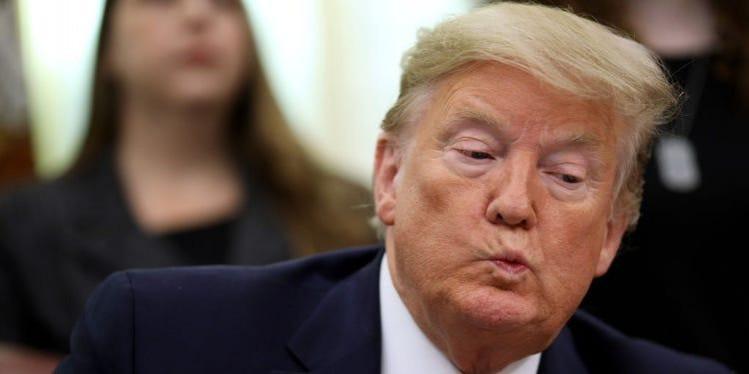
The outgoing president made several promises that the country would have a COVID-19 vaccine ready "very soon," including by election day. But as of December 3, the FDA is yet to finalize and approve the vaccines.
"Another Vaccine just announced. This time by Moderna, 95% effective. For those great "historians", please remember that these great discoveries, which will end the China Plague, all took place on my watch!" Trump tweeted on November 16.
In September, Trump said: "So we're going to have a vaccine very soon, maybe even before a very special date. You know what date I'm talking about," accusing the FDA and health experts from the CDC of playing politics with the election day goal.
Without any evidence, the President, in a flurry of tweets earlier this month, accused the FDA of conspiring to suppress the announcement until after the election day. Pfizer and BioNTech Inc. had applied for the emergency use authorization to the FDA on November 20. But despite acting quickly on the vaccine distribution, the United Kingdom became the first country this week to formally approve the Pfizer and BioNTech Covid-19 vaccine, a symbolic milestone in the fight against the pandemic.
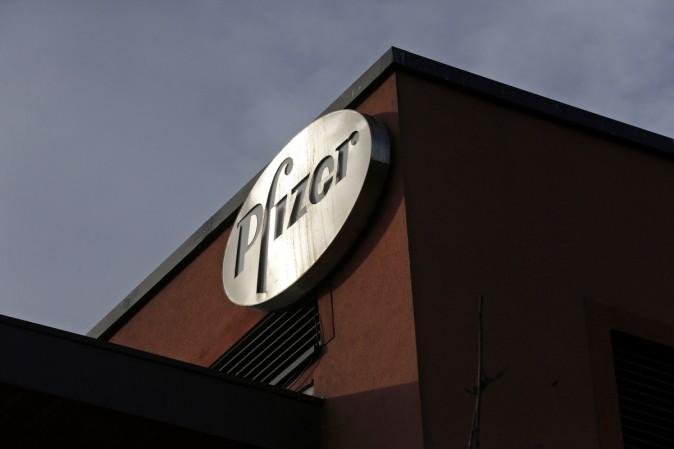
Trump celebrated Pfizer's announcement that its COVID-19 vaccine had succeeded in late-stage trials, news that broke on the first business day after he lost the US presidential election. "STOCK MARKET UP BIG, VACCINE COMING SOON. REPORT 90% EFFECTIVE. SUCH GREAT NEWS!" he tweeted early morning (local time).
As far as now, a committee of outside expert advisers is scheduled to meet on December 10 to discuss the data and make a recommendation to the FDA on whether to grant authorization.

















